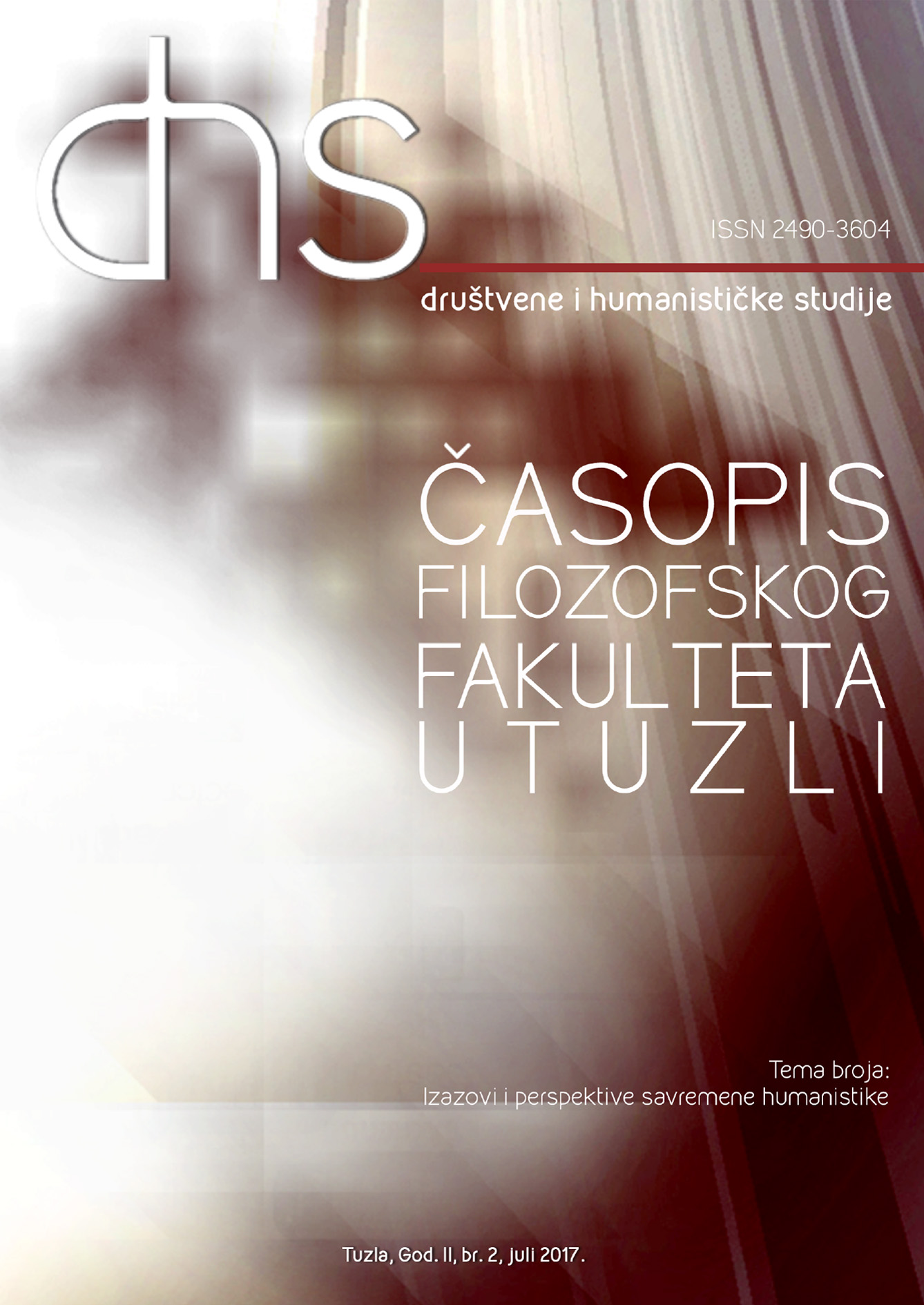Globalne promene i međunarodno usmereno obrazovanje
Global Changes and Internationally-oriented Education
Author(s): Iljaz A. Osmanlić, Mirsada S. ZukorlićSubject(s): Social Sciences, Education
Published by: Filozofski fakultet Univerziteta u Tuzli
Keywords: globalization; civilization; humanism; science; culture; education;
Summary/Abstract: The paper discusses the issue of globalization, namely the creation of a unique economic, political and cultural environment on our planet and the reflections of this process on education. The wave of changes in the world brings with it the rule of a ruthless competition of inventiveness and knowledge: the onset of the battle of the brains, i.e. by the brains. The winners of this war will be those whose education, specialization and specialties include a greater and better knowledge about the development and utilization of productive forces and whose most significant factor certainly is science. If education is necessary for the development of science, then science is not only necessary for the development of productive forces, but it is also their most important factor. Therefore each country, through the development of education, also provides for the development of science, the technology which is based on it, as the material basis of economic prosperity and political independence, i.e. of the security of the country and nation whose interests the country is realizing. All this shows that, when it comes to globalization and universalization, the present world can only win if cooperation between science and culture is realized. The devotion to this type of relationship between nations and people involves improving education on a global scale, whereby each country should introduce, in its national system of education, a component of internationally oriented education. The paper concludes that the tendencies of education for international orientation are: the affirmation of humanistic values; the understanding of basic contradictions in contemporary society: contradictions between the global and the local - reflected in the need to be a citizen of the world and simultaneously preserve national identity; contradictions between the universal and the individual - reflected in the acceptance of the globalization of the world but also in the preservation of personal self-relevance; contradictions between personal integrity and the cultural identity of one’s nation; and the contradictions between tradition and modernity - manifested in the need to adapt to the new times and new relationships in the global society, with the preservation of one’s own roots of historical development. Also, education should contribute to the realization of, not only multicultural, but an intercultural society, in which multiple cultures are in dialogue and searching for a new, more productive cultural synthesis. This type of humanistic thinking and devotion to the humanization of social development, has two components which are intertwined, the first one is the development of human rights in order to enable the protection of human freedom and dignity, and the other is the creation of a new planetary civilization which will enable the preservation and improvement of the life of humanity as a whole.
Journal: DHS-Društvene i humanističke studije: časopis Filozofskog fakulteta u Tuzli
- Issue Year: II/2017
- Issue No: 2
- Page Range: 357-368
- Page Count: 12
- Language: Serbian

